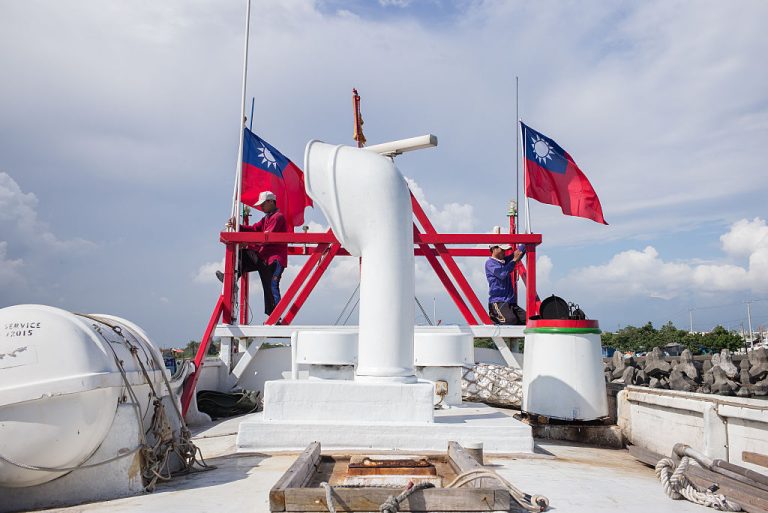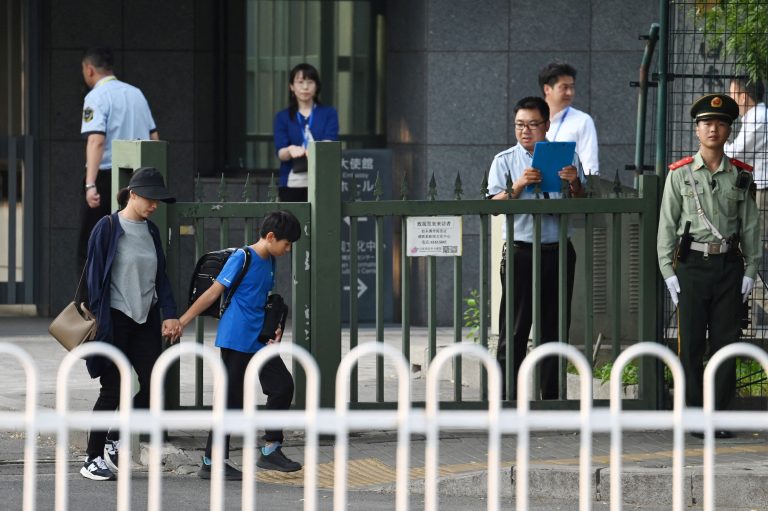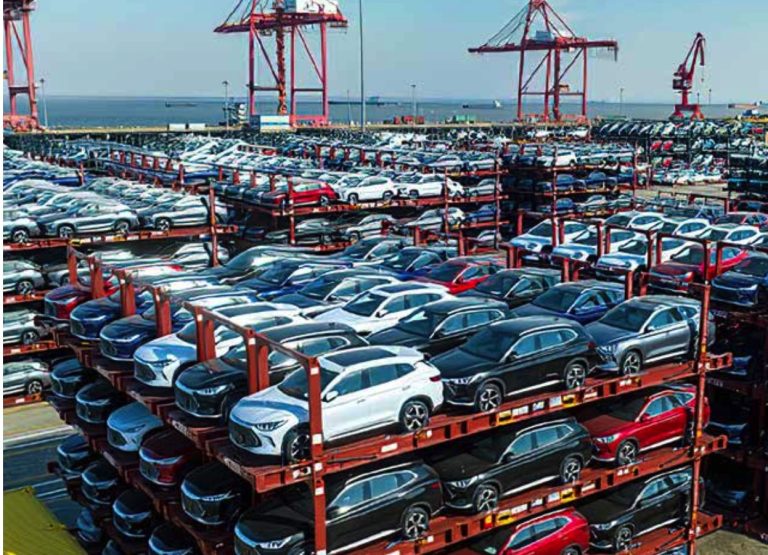On May 18, a delegation of Taiwanese legislators visited the island of Itu Aba; an island not only occupied by the island government, but also claimed by several other countries, including China.
The delegation — led by co-chair of the legislature’s Foreign and National Defense Committee, Ma Wen-chun — intended to visit the disputed island to assert sovereignty and inspect its military infrastructure, which includes a harbor and a typhoon shelter.
The delegation also went to greet soldiers stationed on the island, while also sending postcards as per tradition when visiting Itu Aba.
Originally, there were twenty legislators planned for the visit. However, following clashes in the legislature regarding the opposition Kuomintang (KMT) party to expand their legislative powers, only ten went to the island, with the absentees fearing prosecution of private individuals and organizations, should they not comply.
Those who attended included Ma, former KMT chair Johnny Chiang, and legislators Cheng Cheng-chien, Huang Chien-hao, Huang jen, Lai Shyh-bao, Liao Hsien-hsiang, Lo Ting-wei and Weng Hsiao-ling. Chen Chao-tzu of the Taiwan’s People Party (TPP) also participated in the delegation.
Success
You are now signed up for our newsletter
Success
Check your email to complete sign up
Ma affirmed that the Republic of China, Taiwan, “has always stood firm in protecting Taiping Island,” referring to the Taiwanese name for the island.
READ MORE:
- Passport to Taiwan, New York’s Largest Asian American Festival, Celebrates Two Decades of Festivities
- CCP Launches Wargames Around Taiwan Following Inauguration of New President
- Xi Jinping’s Visit to Paris Bombarded by Protests, Activists Rage Against the Communist Leader
‘A defiant message’
This trip served as “a defiant message” on Taiwan’s own sovereignty to the Democratic People’s Party (DPP), Ling Ying-yu, assistant professor at Tamkang University’s Graduate Institute of International Affairs and Strategic Studies, said.
“Since the South China Sea arbitration downgraded Taiping island to a reef in 2016, the Tsai administration hasn’t protested against the ruling,” Ma wrote on Facebook on March 19.
In 2016, an international tribunal ruled that Itu Aba is a rock rather than an island, unable to host life without proper supplies. Thus, it would not be made claimable for sovereignty.
However, the KMT might be willing to appeal this claim.
“Instead, [President Tsai’s] administration urged Kuomintang not to claim sovereignty over the South China Sea. President Tsai should really go to Taiping Island and declare Taiwan’s sovereignty over the island,” Ling said.
“The opposition wants to convey the criticism that the DPP’s stance is too weak in defending the sovereignty over our islands,” Ling told Radio Free Asia (RFA).
The KMT wanted to pressure former president Tsai Ing-wen to visit the island before her term expired. Ma decried the DPP for being unable to request Tsai to do so.
The visit was also said to be timed before the inauguration of Taiwan’s new President, Lai Ching-te, who was sworn in as president on May 20. The KMT also requested he make a visit to Itu Aba.
“The fact that the DPP has remained muted over this contentious territorial issue opens the door for the KMT to boost its profile at home,” Huynh Tam Sang from Vietnam National University told RFA.
Sang also believes that the Taiwan visit would “undoubtedly be met with some protests from Vietnam.” However, the analyst claims that strong economic relations, investments from Taiwan, and the arrival of Vietnamese migrant workers to Taiwan hints of cordial relations between Hanoi and Taipei.
The Philippines may also seek better ties with Taiwan, especially given its own tense relations with China.
The KMT has been seeking better ties with the communist government of Beijing, having developed skepticism towards the United States, as they continue to undermine the Tsai administration’s efforts.
Meanwhile, Beijing has continued its moves on the South China Sea, with additional aircraft and vessels detected near Taiwan in March.
“China is showcasing its displeasure toward Washington’s and Taipei’s recent diplomatic activities by increasing the scale of its military activities around Taiwan,” Su Tzu-yun, military analyst at the Taipei-based Institute for National Defense and Security Research, told VOA.
Beijing has recently rebuked lawmakers from South Korea and Japan for visiting Taiwan in celebration of President Lai’s inauguration, in defiance to its warnings.







